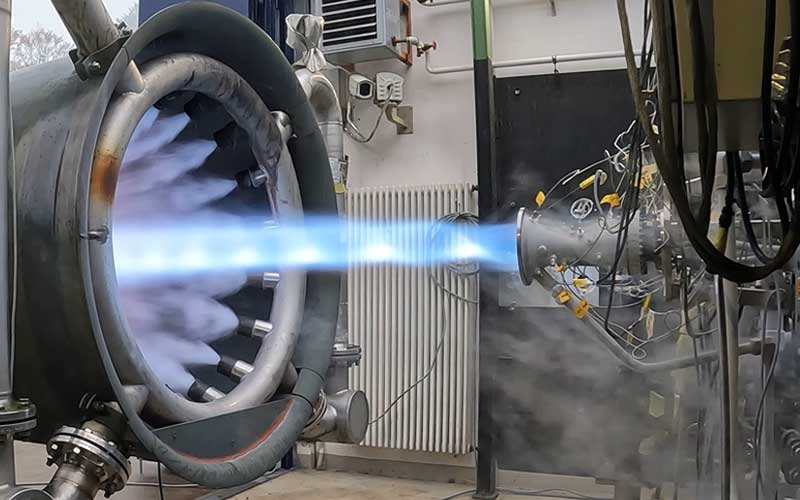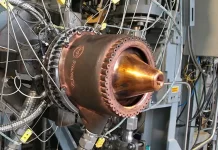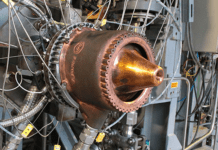
The European Space Agency has awarded Spain’s Pangea Aerospace a contract to design a very high thrust rocket engine, which could be used to power future European heavy and super-heavy rockets.
ESA published a call for its Very High Thrust rocket engine initiative in late 2023 under its Future Launchers Preparatory Programme. On 19 September, Pangea Aerospace announced that it had been awarded a contract to begin preparatory work for the project.
Pangea Aerospace was founded in 2018. The company initially pursued the development of a small launch vehicle called Meso but later shifted to specialize in developing propulsion systems. Products currently being developed by the company include its ARCOS aerospike rocket engine and U-Nyx thruster for in-space applications.
As part of the preparatory work for the ESA Very High Thrust rocket engine initiative, the company will complete a detailed market analysis to identify the current and future needs of rocket builders. It will also be responsible for designing a very high thrust engine capable of producing 2 MN of thrust.
The engine proposed by Pangea is called Kronos. It will be designed to be used aboard a variety of rockets powering both boosters and upper stages. While the company will await the completion of its market analysis before consolidating the engine’s design, its initial specifications call for a reusable full-flow staged-combustion rocket engine.
Pangea Aerospace will act as the project’s prime leading a consortium of other companies from across Europe. The company will be responsible for the core propulsion technology while Safran and Sabca will provide propulsion subsystems. Spacedreams will handle testing, Apco Technologies logistics and integration, and Empa and Politecnico di Milano materials and additive manufacturing competencies. French rocket builder Latitude will serve as the project’s launch service provider to assist with the formulation of interoperability needs.
Speaking to European Spaceflight, ESA explained that Pangea Aerospace was the only company awarded a contract to complete preparatory work for its Very High Thrust rocket engine initiative. The company is, however, not the only company working on a publicly-funded high thrust rocket engine project.
The Exploration Company is currently working on a CNES-backed high thrust engine project. The company is developing an engine called Typhoon, which is designed to produce approximately the same amount of thrust as the Pangea Kronos engine. The Exploration Company projects that its Typhoon engine will be operational by 2030.



